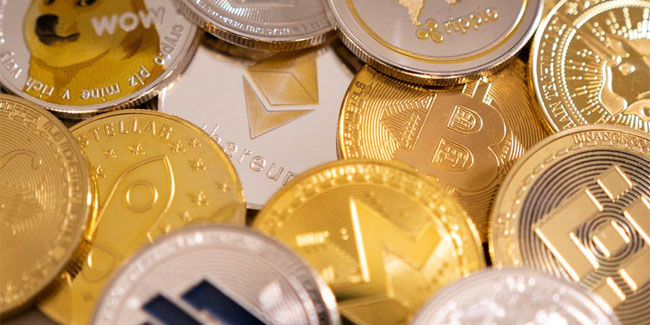BSP and SEC are seeking clearer regulations on digital assets
BSP and SEC — The Bangko Sentral ng Pilipinas and the Securities and Exchange Commission are seeking clearer regulations on digital assets in order to protect consumers.
This was raised during a meeting with the Senate Committee on Banks, Financial Institutions and Currencies as lawmakers, financial firms, and regulators convene to discuss Senate Bill 184 (proposed Digital Assets Act of 2022) and Senate Resolution 126 (Cryptocurrencies and other digital currencies).

Identity theft, selling of e-wallets (digital wallets) and other online accounts to criminals, as well as money laundering, were some of the most common cybercrimes involving digital assets.
According to SEC Chairman Emilio Aquino, the Commission was able to shut down investment scams but only those considered investment solicitations that violate Republic Act 8799 or the Securities Regulation Code.
Aquino also said that a special law directly addressing digital assets is needed in order to make the Commission a more efficient regulator, and the law must give the SEC jurisdiction and the appropriate powers in order to accomplish this.
BSP, meanwhile, said that the central bank also needs clear rules defining what it can do in order to protect owners of virtual assets and customers of VASPs (virtual asset service providers).
READ ALSO: BSP Warns Public vs Unregistered, Foreign Virtual Assets
The central bank has no power to regulate foreign VASPs which offer services to Filipinos and it doesn’t have clear rules on NFTs (non-fungible tokens), NFT marketplaces, and decentralized finance such as crypto lending.
BSP is pushing for legislative proposals in order to regulate digital assets – including the proposed Financial Accounts Regulation Act which features the criminalization of the sale of financial accounts for use as “money mule” and other acts of identity theft such as social engineering and phishing schemes.
The central bank said that it also supports proposals to enforce the registration of SIM (subscriber identity module) cards.
Thank you for visiting Newspapers.ph. You may express your reactions or thoughts in the comments section. Also, you may follow us on Facebook as well.
